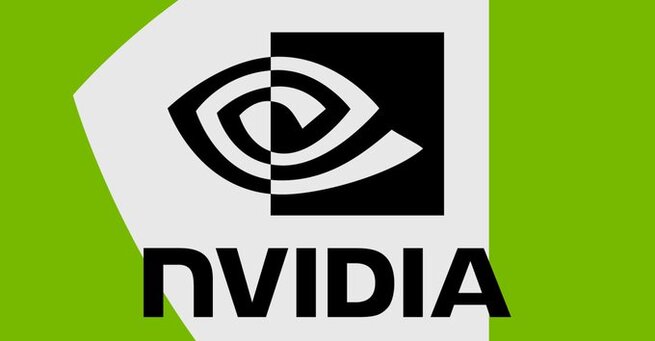
Nvidia Rejects AI Chip Backdoor Concerns
Nvidia AI chip backdoor debate is intensifying as the company firmly denies the existence or need for secret access points in its GPUs. Amid growing pressure from U.S. lawmakers and Chinese regulators, Nvidia insists that kill switches and backdoors would pose significant cybersecurity risks rather than enhance security. This statement comes as governments explore stricter regulations on AI hardware, especially for chips sold internationally.
Nvidia Defends GPU Security
David Reber Jr., Nvidia’s chief security officer, emphasized that the company’s AI chips are designed without any remote kill switches or hidden access points. U.S. policymakers recently proposed the Chip Security Act, which could require manufacturers to embed tracking or disabling features in chips to prevent illegal transfers. Meanwhile, Chinese authorities have launched investigations into alleged vulnerabilities in Nvidia’s H20 chips, further fueling speculation about secret backdoors.
Why Nvidia Opposes Kill Switches
Reber Jr. strongly criticized the idea of mandated kill switches, calling them “an open invitation for disaster.” He argued that any form of a hidden backdoor undermines user trust, exposes hardware to cyber threats, and could damage both economic and national security. Nvidia maintains that strong, transparent cybersecurity measures—not covert access—are the best way to protect sensitive AI hardware from misuse.
Global Implications for AI Chip Market
The AI chip backdoor debate comes at a crucial time for Nvidia, which faces tight U.S. export restrictions and growing competition from Chinese companies like Huawei. If governments push for mandatory backdoors, it could harm Nvidia’s global reputation and accelerate the development of domestic AI chip alternatives in China. For now, Nvidia’s public stance reinforces its commitment to cybersecurity and maintaining user trust in the rapidly evolving AI hardware industry.
𝗦𝗲𝗺𝗮𝘀𝗼𝗰𝗶𝗮𝗹 𝗶𝘀 𝘄𝗵𝗲𝗿𝗲 𝗿𝗲𝗮𝗹 𝗽𝗲𝗼𝗽𝗹𝗲 𝗰𝗼𝗻𝗻𝗲𝗰𝘁, 𝗴𝗿𝗼𝘄, 𝗮𝗻𝗱 𝗯𝗲𝗹𝗼𝗻𝗴. We’re more than just a social platform — from jobs and blogs to events and daily chats, we bring people and ideas together in one simple, meaningful space.